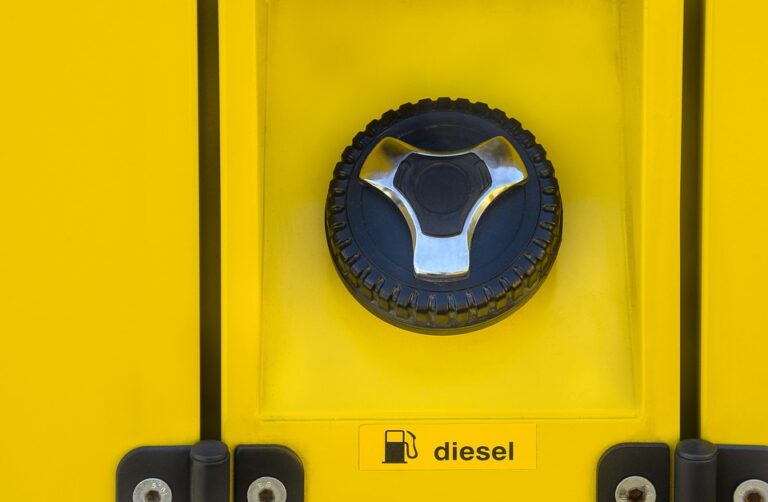Fueling the Change: The Shift from Petrol to Diesel in Modern Cars
The automotive landscape is undergoing a significant transformation, driven by technological advancements and evolving consumer preferences. One of the most notable shifts has been the movement from petrol to diesel engines in modern cars. As we delve into this crucial change, we will explore the reasons behind this trend, the benefits of diesel engines, their impact on the environment, and what the future holds for petrol and diesel vehicles.
Understanding the Diesel vs. Petrol Debate
Historically, petrol engines have dominated the automobile market, but diesel engines are rapidly gaining traction. The debate surrounding Diesel vs. Petrol centers on efficiency, performance, and environmental impact. With a higher energy density, diesel fuel typically provides better fuel economy than petrol. This efficiency translates into longer driving ranges, making diesel an attractive option for long-distance travelers and those seeking cost-effective solutions.
Advantages of Diesel Engines
-
Fuel Efficiency: Diesel engines are known for their superior mileage compared to petrol engines. They can deliver approximately 20-30% more miles per gallon, providing significant savings for drivers.
-
Torque and Performance: Diesel engines generate more torque at lower RPMs, offering better towing capacity and acceleration, particularly for larger vehicles and trucks. This characteristic is essential for drivers requiring power for heavy-duty applications.
-
Longevity: Diesel engines are generally more durable and robust, often lasting longer than their petrol counterparts. This longevity can result in lower maintenance costs over the vehicle’s lifespan, appealing to cost-conscious consumers.
- Lower CO2 Emissions: Diesel engines emit lower levels of carbon dioxide compared to petrol engines, contributing to reduced greenhouse gas emissions. While diesel engines produce higher amounts of nitrogen oxides and particulate matter, advancements in technology, such as selective catalytic reduction (SCR) systems, are helping mitigate these issues.
Environmental Considerations
The shift towards diesel is not without controversy, especially concerning environmental impact. On the one hand, diesel engines emit fewer CO2 emissions, which is a crucial factor in the fight against climate change. However, they also produce higher levels of nitrogen oxides (NOx) and particulate matter, which have been linked to air quality issues and health problems in urban areas.
Governments worldwide are tightening emission regulations, prompting manufacturers to invest in cleaner diesel technologies. The introduction of Euro 6 standards in Europe, for example, has pushed for a dramatic reduction in harmful emissions from diesel vehicles. Additionally, innovations like diesel exhaust fluid (DEF) and particulate filters have made modern diesel engines cleaner than ever before.
Market Trends and Consumer Preferences
Consumer preference is gradually shifting towards diesel vehicles, particularly in certain regions where diesel is seen as a more economical choice. In Europe, diesel cars represent a significant portion of new car sales. This trend is fueled by the lower fuel costs associated with diesel and the availability of a wide range of diesel-powered vehicles across various segments.
However, the tide may be turning as electric vehicles (EVs) gain popularity. With increasing concerns about climate impact and advancements in battery technology, consumers are exploring alternatives to both petrol and diesel. Manufacturers are responding by expanding their electric offerings, which could reshape the automotive landscape in the coming years.
The Future of Diesel and Petrol Vehicles
Looking ahead, the future of diesel and petrol engines is uncertain. The automotive industry is experiencing a remarkable shift towards electrification. Many manufacturers have announced plans to transition to electric and hybrid models, aiming for sustainable and eco-friendly solutions. However, diesel engines remain vital for specific applications, particularly in commercial transport and larger vehicles.
Regulatory pressures could also dictate the future of diesel. In some cities, diesel vehicles face bans due to pollution concerns, while others introduce incentives for greener vehicles. As regulations continue to evolve, manufacturers will have to balance the production of diesel and petrol vehicles with a growing emphasis on electric and hybrid technology.
Conclusion: A Balanced Approach
As the automotive industry navigates the complexities of the Diesel vs. Petrol debate, the focus should remain on finding a balanced approach that meets consumer needs while prioritizing environmental sustainability. Diesel engines offer clear advantages in terms of fuel efficiency and durability, but they come with challenges that need addressing through innovative technology.
With the continuous evolution of vehicle technology and government regulations, the future of automotive fuel types will be fascinating. It’s essential for consumers to stay informed and consider their options carefully, weighing the pros and cons of diesel and petrol vehicles against the burgeoning electric vehicle market.
In summary, while the shift from petrol to diesel reflects broad trends in efficiency and performance, the ultimate goal must remain clear: a sustainable and environmentally friendly future for all drivers. As we gear up for this exciting journey, it’s vital to keep an eye on the road ahead.
If you’re interested in exploring your options, consider test-driving both diesel and electric vehicles to see which aligns best with your lifestyle and values. Fuel your insights, and be part of this transformative automotive era!


